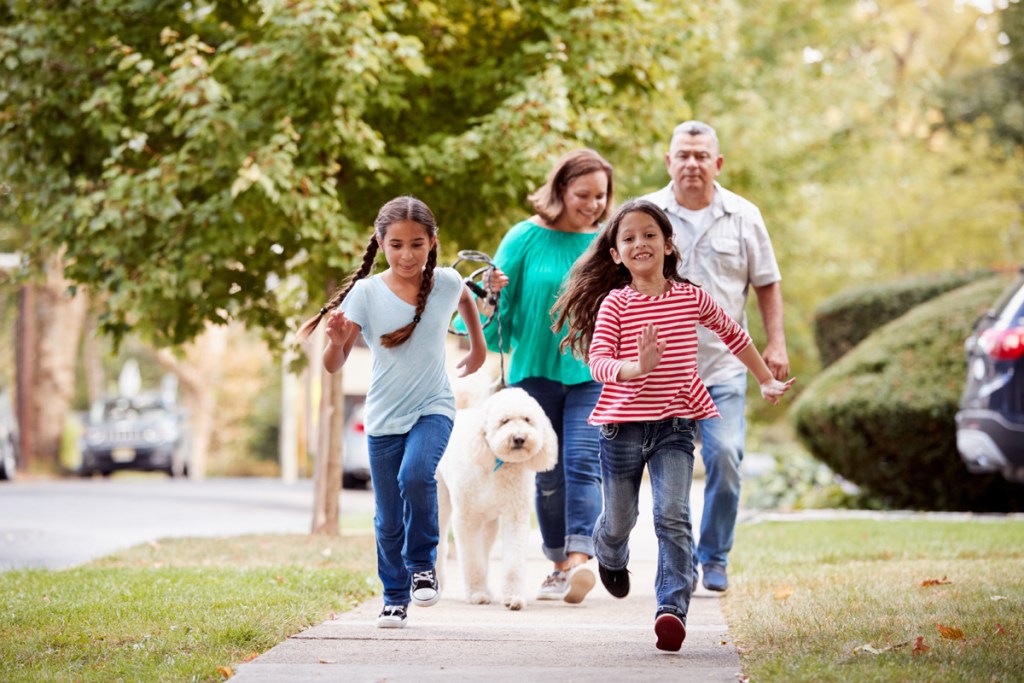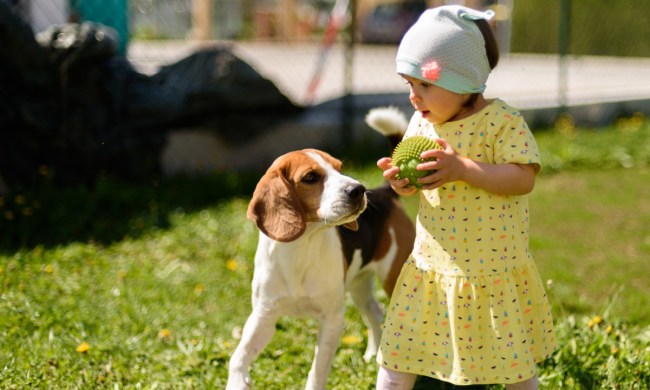Animal rescues and shelters across the U.S. reported record numbers of adoptions during the COVID-19 lockdowns. According to an ASPCA Pandemic Pet Ownership Survey, approximately 23 million American households acquired a dog or a cat during the pandemic. And while the survey revealed that the vast majority of pandemic pets were still living in their new homes, many shelters and rescues report a surge in pandemic pets being returned as life slowly gets back to normal. It’s so sad that these pets who provided much-needed emotional support to adopters during the lockdown now find themselves homeless again. Following are five lessons learned from adopting a dog during the pandemic.

Never rush into adopting an animal companion
When you adopt a pet, you’re taking on responsibility for another living being who will totally depend on you. Many people who adopted during the pandemic did so on impulse because they wanted a pet for companionship. Animal advocates say that’s not a good enough reason to adopt. It’s essential to ask yourself some questions before signing the adoption paperwork, including:
- Do you have time to properly care for a pet?
- Can you afford a pet? The ASPCA offers a breakdown of the annual cost of caring for a dog.
- Are your house and property set up for a dog?
- Is everyone in the family on board with bringing home a new pet?
- Will your life be changing shortly? If you move to a new state or home, are you committed to taking your pet, too?
- Is there someone in your household allergic to pets?
Adopting an animal companion is a long-term commitment
Many dogs adopted during the lockdown are being returned because their owners no longer have time for them. Animals are not commodities that can be returned when they become inconvenient. When you adopt a pet, you have to be prepared to care for that animal for his entire life. The average life span of a healthy indoor cat is about 15 years, according to VetMD. Breed experts at the AKC say that a large healthy dog can live between eight and 12 years, while the life span of smaller dogs is typically between 10 and 15 years.
Understand the responsibility involved in taking on a puppy
Shelter workers say that many pandemic pets were adopted by first-time dog owners. Now, many of these dogs are being returned because of behavioral issues. Raising a puppy is challenging, and first-time pet owners especially need the support of a professional trainer. During the lockdown, many trainers offered support over the phone or via online training sessions. According to AKC training experts, there are new situations all puppies should be exposed to in the first 16 weeks of their lives. Most of these can be accomplished in and around the home, including:
- Walking the puppy on different surfaces such as grass, leaves, concrete, gravel, carpet, and wood.
- Introducing the puppy to different everyday sounds, including hair dryers, phone ringtones, radios, and vacuum cleaners. You can also play recordings of thunder and other dogs barking. Rewarding your puppy as he listens will help him make a positive association with the sounds.
- Arranging playdates with family and friends who have dogs you trust to be healthy and well-mannered around your puppy.
- Exposing your puppy to new people. While this was difficult during social distancing, it can be achieved without physical contact. For example, letting the puppy look out the window of your home or car as people walk by and making it a positive experience by offering a favorite treat.
- Crating your puppy for short periods during the day as part of his routine. If you crate only at bedtime or when you leave the house, your pup will associate the crate with being left alone. Providing a favorite interactive toy while he’s in the crate can help your pup see it as his happy place.
Choose the right pet for the family
Many people returning pets to the shelter say that the dogs are more than they can handle. It’s important to carefully choose the breed of dog you adopt. All puppies look adorable, but don’t let the kids make the final decision on which dog to bring home. You need to consider the breed or breed mix and how big that dog will get. Visit the AKC website to learn about the temperament of specific breeds when choosing the best dog for your family.

Consider your lifestyle before adopting
It’s important to consider every aspect of your lifestyle before bringing home a new dog. If you’ll be gone for long hours during the day, do you plan on hiring a dog walker? If you choose a high-energy dog, is your family active enough to meet this dog’s exercise needs? Taking on an active breed and not providing enough exercise can result in destructive behavior.
It’s well documented that living with pets provides enormous health benefits, including lower blood pressure, reduced feelings of loneliness, and increased opportunities for exercise and outdoor activities. With the proper research and preparation and a good support system, adopting a pet can be a happy-ever-after story for both humans and the animals they bring home.



